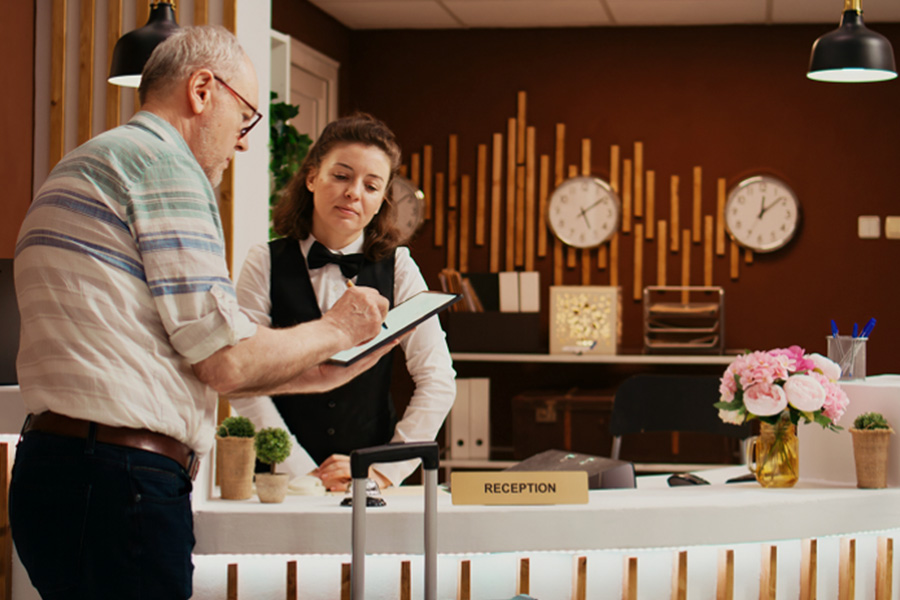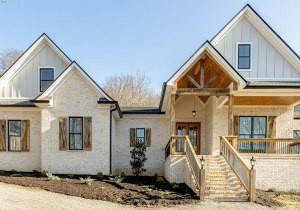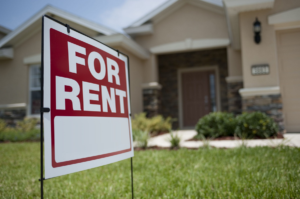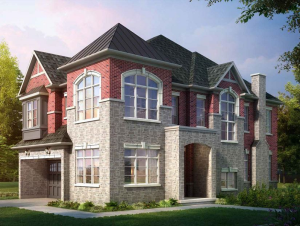
Apartment hotels are often marketed as a practical blend of comfort, convenience, and value, particularly for tourists wanting longer stays or more spacious living. However, the real expense goes beyond the nightly rate. Many guests overlook the fine details in pricing and find themselves paying more than expected. From utility fees to service charges, the actual cost of service apartments in Singapore can be layered with hidden expenses. Knowing what to expect ahead of time is necessary for avoiding budget overruns and maximising your investment.
1. Service Charges and Taxes
Many apartment hotels advertise rates exclusive of service charges and government taxes. Typically, there is a 10% service charge and a 9% Goods and Services Tax (GST) applied to the final bill. This combined 19% can make a seemingly affordable listing significantly more expensive at check-out. Some listings may even conceal these charges in fine print or only reveal them during the final booking step, so it is necessary to check if the stated price is “nett” (inclusive of all taxes) or not.
2. Utility Bills Not Always Included
Unlike hotels, some serviced apartments charge separately for utilities such as electricity, water, and Wi-Fi, especially for long-term stays exceeding a month. These charges can be substantial depending on usage, particularly for air conditioning, which is heavily relied upon in the city-state’s climate. While some providers bundle utilities into the monthly rental, others may set a cap, with any excess charged additionally. Always clarify whether utility usage is fully included or subject to limitations.
3. Housekeeping Frequency and Charges
While daily housekeeping is standard in hotels, apartment hotels may reduce cleaning frequency to weekly or bi-weekly to cut operating costs. Additional housekeeping requests, such as extra towel changes or mid-week cleaning, often incur separate charges. If you are staying short-term and expect hotel-like services, be prepared to pay more or compromise on frequency. The cost of service apartments often reflects this tiered service model.
4. Laundry and Linen Services
Washing machines are commonly provided in apartment hotels in Singapore, but not all units include laundry detergent, ironing services, or linen changes in the base rate. Some properties treat these as add-ons. These extras can accumulate quickly for travellers without time or willingness to do laundry themselves. It’s also worth checking if shared laundry facilities come with usage fees per load.
5. Booking Fees and Cancellation Penalties
Some platforms or property managers charge non-refundable booking or administrative fees. While these fees may seem minor, they can impact your overall cost, especially if booking multiple units or changing dates. Furthermore, cancellation policies vary widely across service apartments. Flexibility may come at a premium, while strict policies may involve forfeiting part or all of the booking amount.
6. Deposit Requirements and Deductions
Most apartment hotels require a security deposit, particularly for extended stays. This amount can range from a few hundred to a few thousand dollars, depending on the length of stay and the apartment’s size. Refunds are typically processed after check-out, but deductions for perceived damage, extra cleaning, or late check-out can reduce the return. Tenants should document the condition of the apartment upon arrival to avoid disputes.
7. Facility Access and Membership Fees
Some properties offer amenities like swimming pools, gyms, or co-working spaces, but not all of these are free. Occasionally, access is restricted to premium rooms or subject to additional daily or monthly charges. Similarly, parking is often not complimentary in city-centre locations and can incur hefty fees, especially relevant for expats or long-stay visitors who drive.
8. Internet Speed and Upgrade Fees
While broadband is usually available, the base internet package may be limited in speed or data. Guests working remotely or streaming frequently may find themselves needing to upgrade to faster plans at an additional cost. Wi-Fi routers in some older serviced apartments may also be shared across units, leading to poor connectivity during peak hours.
Conclusion
Understanding the real cost of service apartments in Singapore requires going beyond the advertised rates. From utility bills and housekeeping to taxes and security deposits, a range of hidden costs can affect your accommodation budget. Travellers should scrutinise terms, ask questions before confirming bookings, and opt for transparent providers to ensure they are not surprised.
Contact Aurealis Serviced Residence and choose an apartment hotel that’s upfront about all costs.





